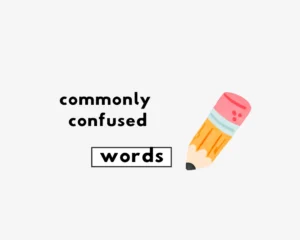
20 Commonly Misused Words and Phrases
Commonly misused words and phrases are abundant in English. The language is full of words that sound the same but have different meanings, like weather and whether. Confusion readily abounds
Explore the breadths and depths of Grammarflex’s knowledge base, containing resources and comprehensive guides on pretty much everything you could want to know related to English grammar and writing.

Commonly misused words and phrases are abundant in English. The language is full of words that sound the same but have different meanings, like weather and whether. Confusion readily abounds
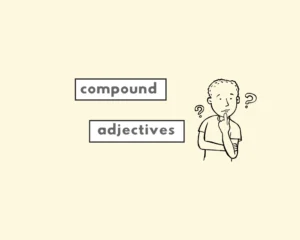
Adjectives are words we use to describe things. English teachers usually describe them as words that “modify or describe nouns and pronouns”. There are numerous types of adjectives, and most
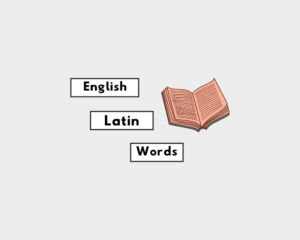
Aside from cliché phrases like carpe diem (“seize the day”), or shortened forms like i.e. and e.g., (which, by the way, are very common in English), there are also regular
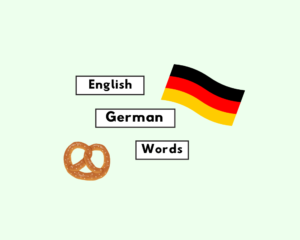
English is a Germanic language. Its core grammar and vocabulary are inherited from the Proto-Germanic languages, which are “reconstructed from the “East Germanic, Old Norse (ON) representing North Germanic, and
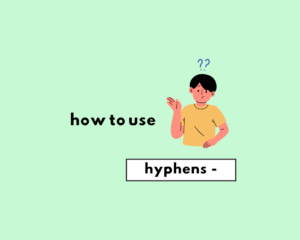
A hyphen ( – ) is a punctuation mark we use to connect words and make compounds words or phrases. Some words will always use a hyphen, no matter where
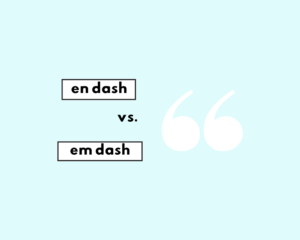
What is an en dash vs. em dash? An en dash (–) is slightly longer than a hyphen (-) but shorter than an em dash (—). It derives its name
To provide the best experiences, we and our partners use technologies like cookies to store and/or access device information. Consenting to these technologies will allow us and our partners to process personal data such as browsing behavior or unique IDs on this site and show (non-) personalized ads. Not consenting or withdrawing consent, may adversely affect certain features and functions.
Click below to consent to the above or make granular choices. Your choices will be applied to this site only. You can change your settings at any time, including withdrawing your consent, by using the toggles on the Cookie Policy, or by clicking on the manage consent button at the bottom of the screen.